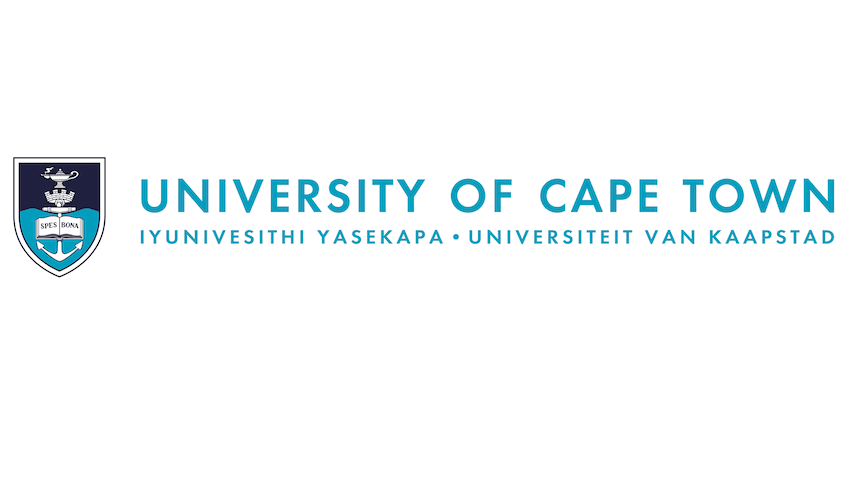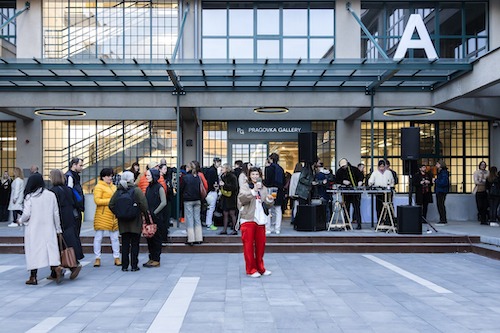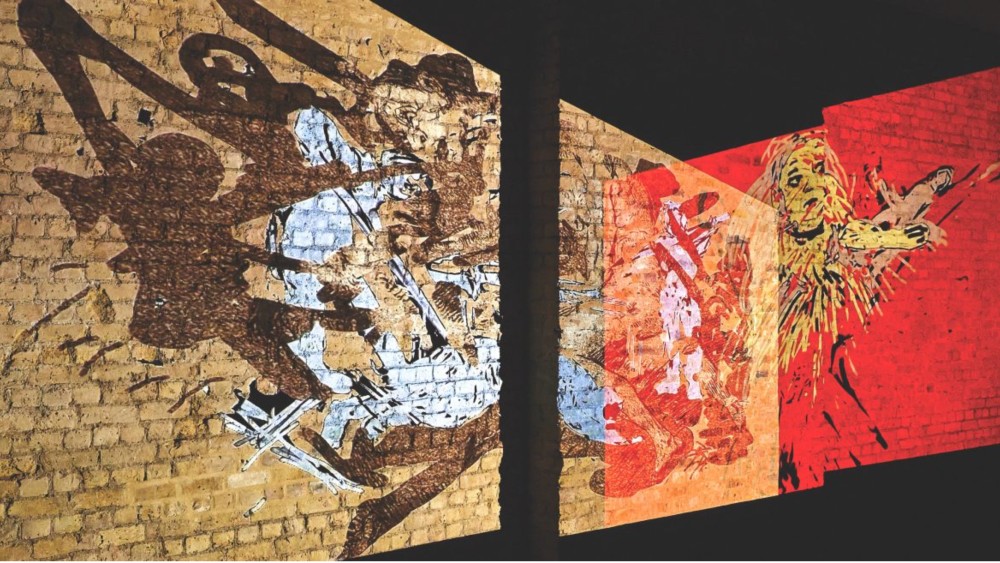The Honours Programme in Curatorship is offered by the Michaelis School of Fine Art and hosted by the Centre for Curating the Archive in close collaboration with Iziko Museums of Cape Town.
The programme offers courses in the theory and practice of curatorship, developing in students a sophisticated awareness of the practicalities, politics and poetics of working with collections of many kinds. Students are encouraged to bring the disciplinary insights of their undergraduate major (whether this be in the visual arts, the humanities or the sciences) to the curating of both material and virtual collections, and are offered opportunities to work on exhibitions in public spaces and in the digital realm. A major aim of this programme is to introduce students, through seminars, fieldwork and workshops, to the central skills of a curator: to understand objects and how to research them, to work with collections, convening them in exhibitions, and to collaborate with artists, mediating their production. In 2021 we will continue our special focus on object studies, and the multiple ways in which such a focus can help transform museum practice.
The course prepares students for further postgraduate study or possible work as curators, museum educators, collection managers, and for positions that require the use, interpretation, display and manipulation of collections.
POSTGRADUATE BURSARIES
Prospective students can pursue financial support from general university funding as well as the National Arts Council of South Africa. For more information about postgraduate funding offered by the university, please see: http://www.students.uct.ac.za/students/fees-funding/postgraduate-degree-funding/applications-requirements
Applications for funding close on the 31st of October.
PROGRAMME STRUCTURE
Compulsory components:
Critical thinking in curatorship
Working with museum collections
Research essay/project
Elective courses (two required):
Practical communication
Virtual display
Local issues in curatorship
Other possible electives:
An elective from another humanities faculty honours course may be chosen where appropriate to replace one of the above with permission from the programme convener, Professor Pippa Skotnes. Students are advised to refer to the honours electives in the visual and art history programme in particular.
Workshops:
A range of compulsory introductory and specialist workshops will be offered in the fields of curation and conservation.
Internships:
The programme includes a mandatory sixty-hour internship, at a museum or gallery, where students are exposed to curatorial working practice. Students’ performance is evaluated by internal and external supervisors.
Field trips and study visits:
First-hand encounters with collections, curators and sites of display are an integral part of our programme and the learning experience on offer. These faculty-led visits include day trips to venues in and around Cape Town exposing the class to a range of institutional and independent practitioners, as well as an array of exhibition models and collections. Students are encouraged to participate in intense discussion and critical reflection around these encounters.
ADMISSIONS:
Academic criteria
Applications are invited from students who have completed an undergraduate degree in the visual arts or cognate fields, including such disciplines as art history, archaeology, visual studies, history and anthropology, as well as any of the sciences where collections are important for research, or for an understanding of the history of the discipline.
Applicants are required to submit applications via email between the 15th and 30th of September:
- a detailed narrative curriculum vitae;
- a letter of no more than two pages detailing your background and reasons for wishing to study curatorship, as well as your special areas of interest relevant to the programme;
- academic transcripts;
- the names and contact details of two academic referees;
- a sample piece of academic writing;
- 500-word research proposal, focused on a single object. For this, choose any object familiar to you, and suggest how you might use a discussion of it to speak of a broader set of social, cultural or historical issues.
These must be emailed to ninaliebenberg@gmail.com
Applicants must also apply online https://applyonline.uct.ac.za/
For more information:
Contact: Nina Liebenberg
Email: ninaliebenberg@gmail.com











